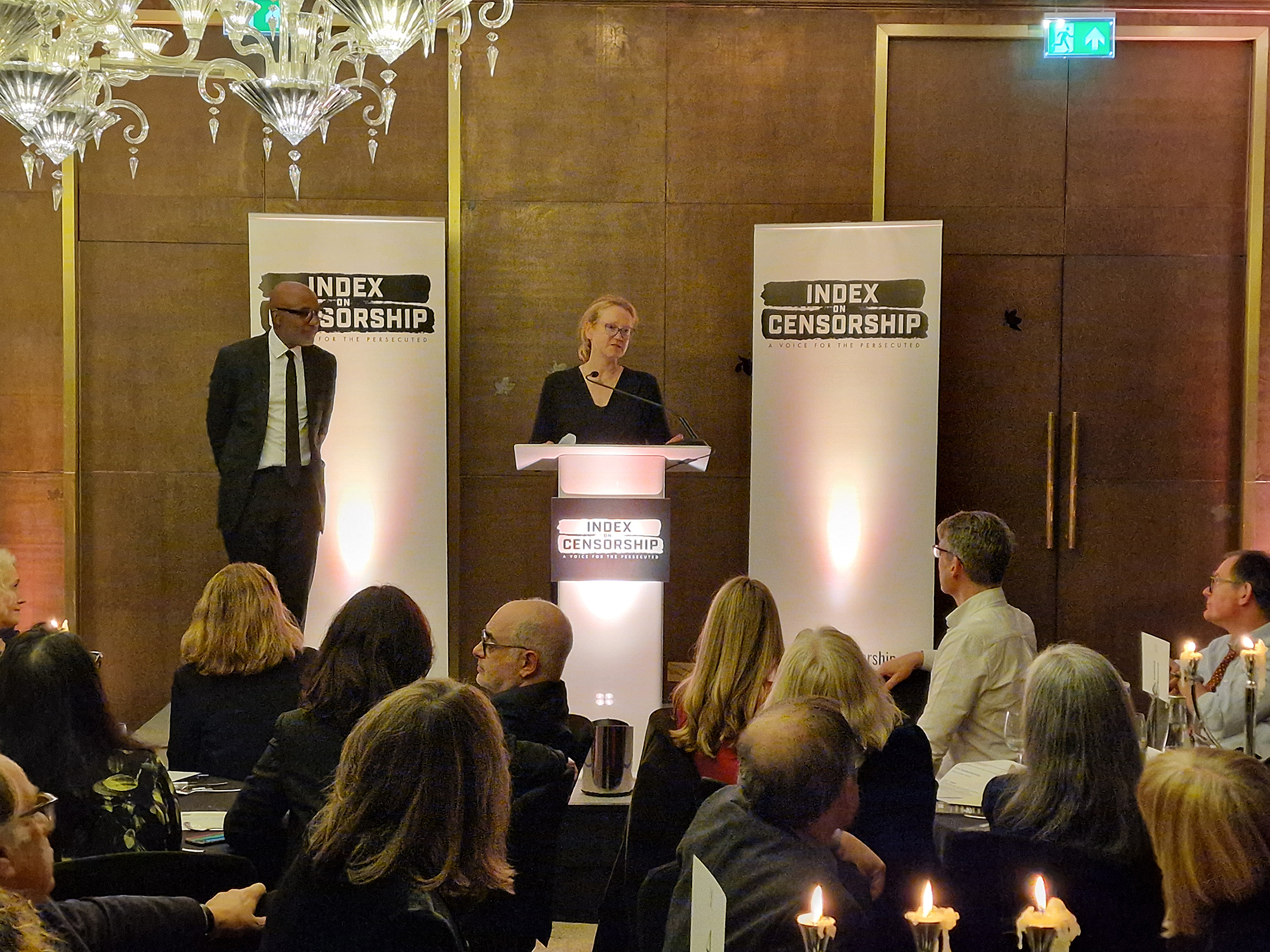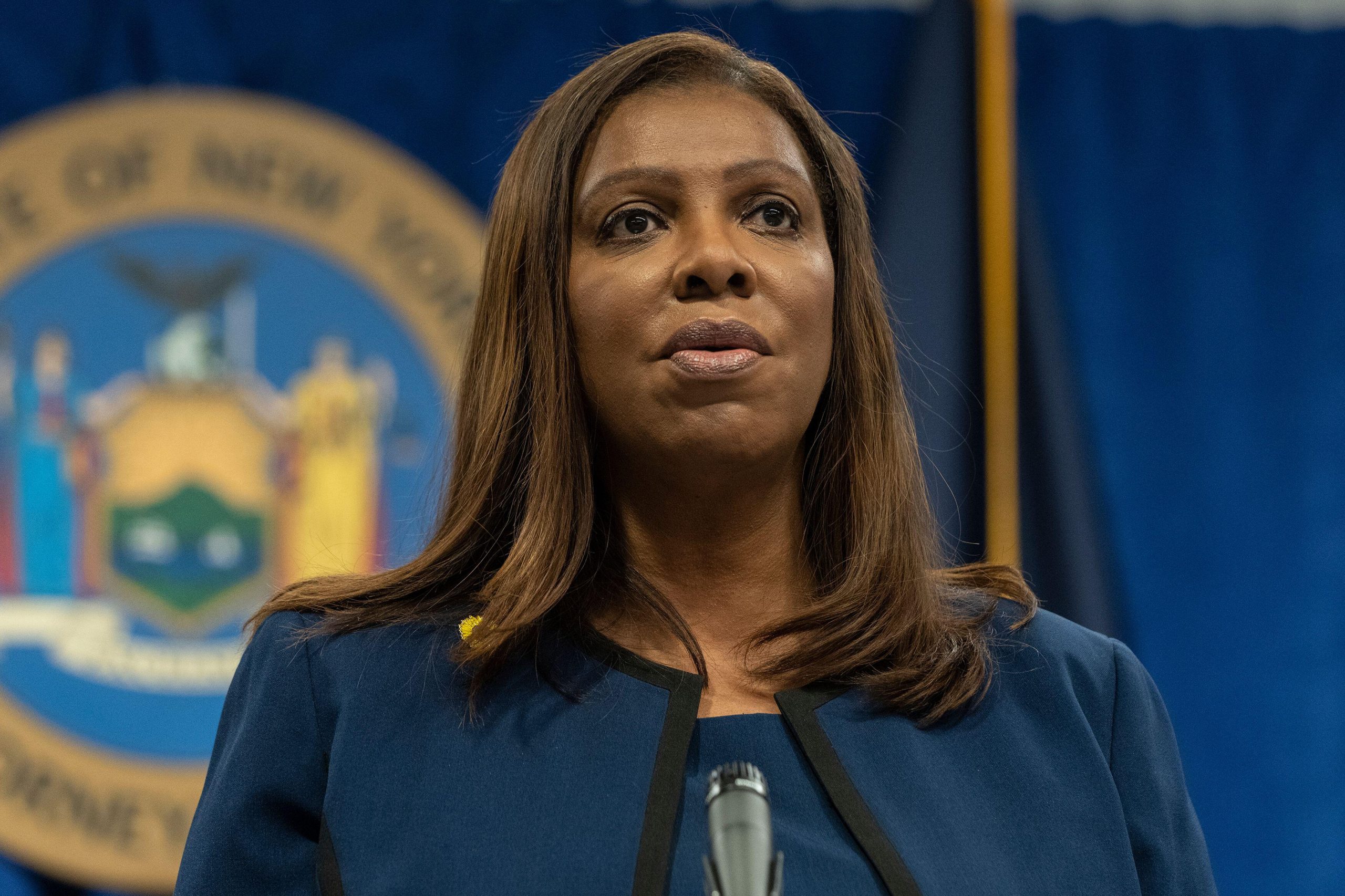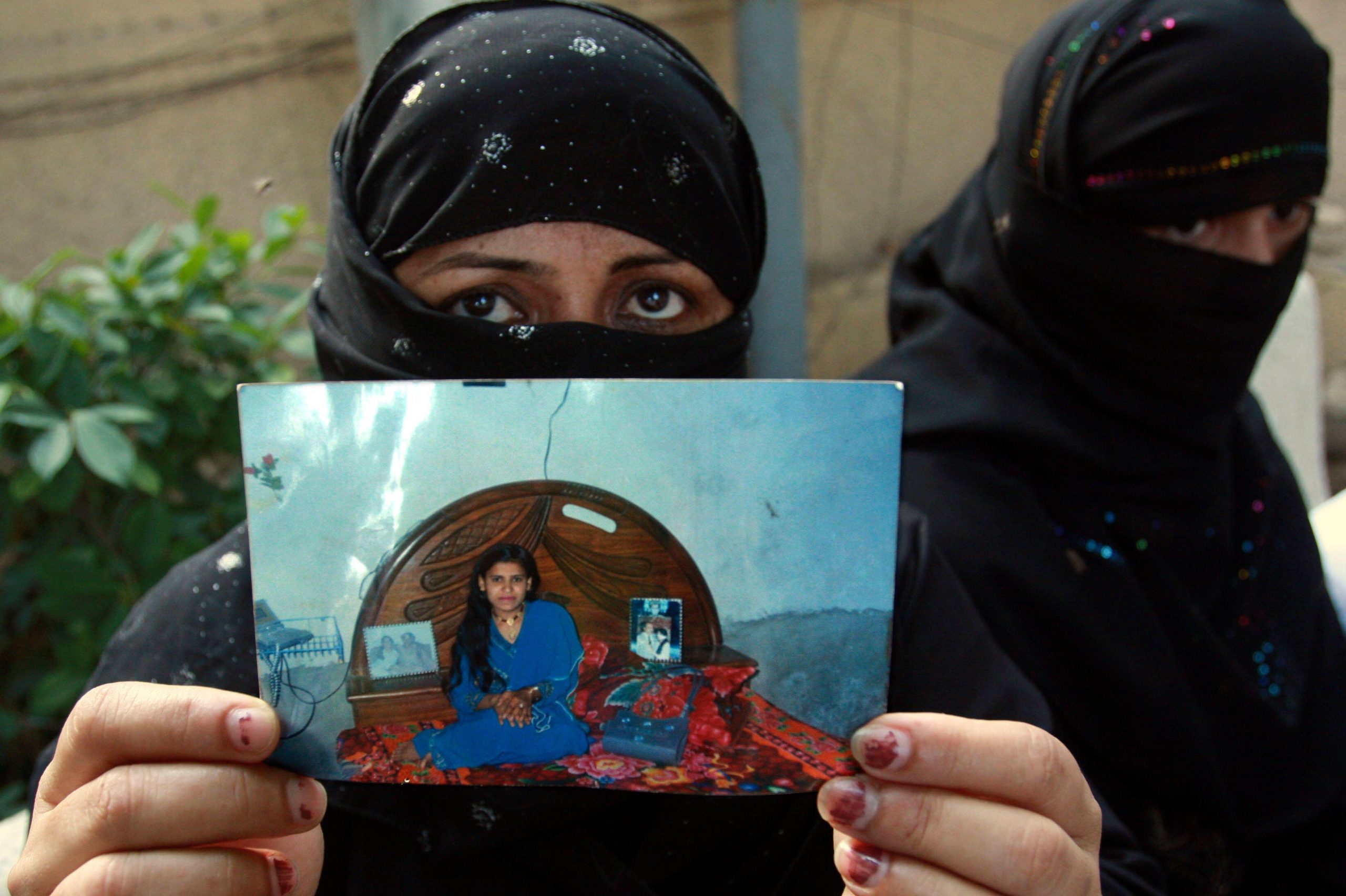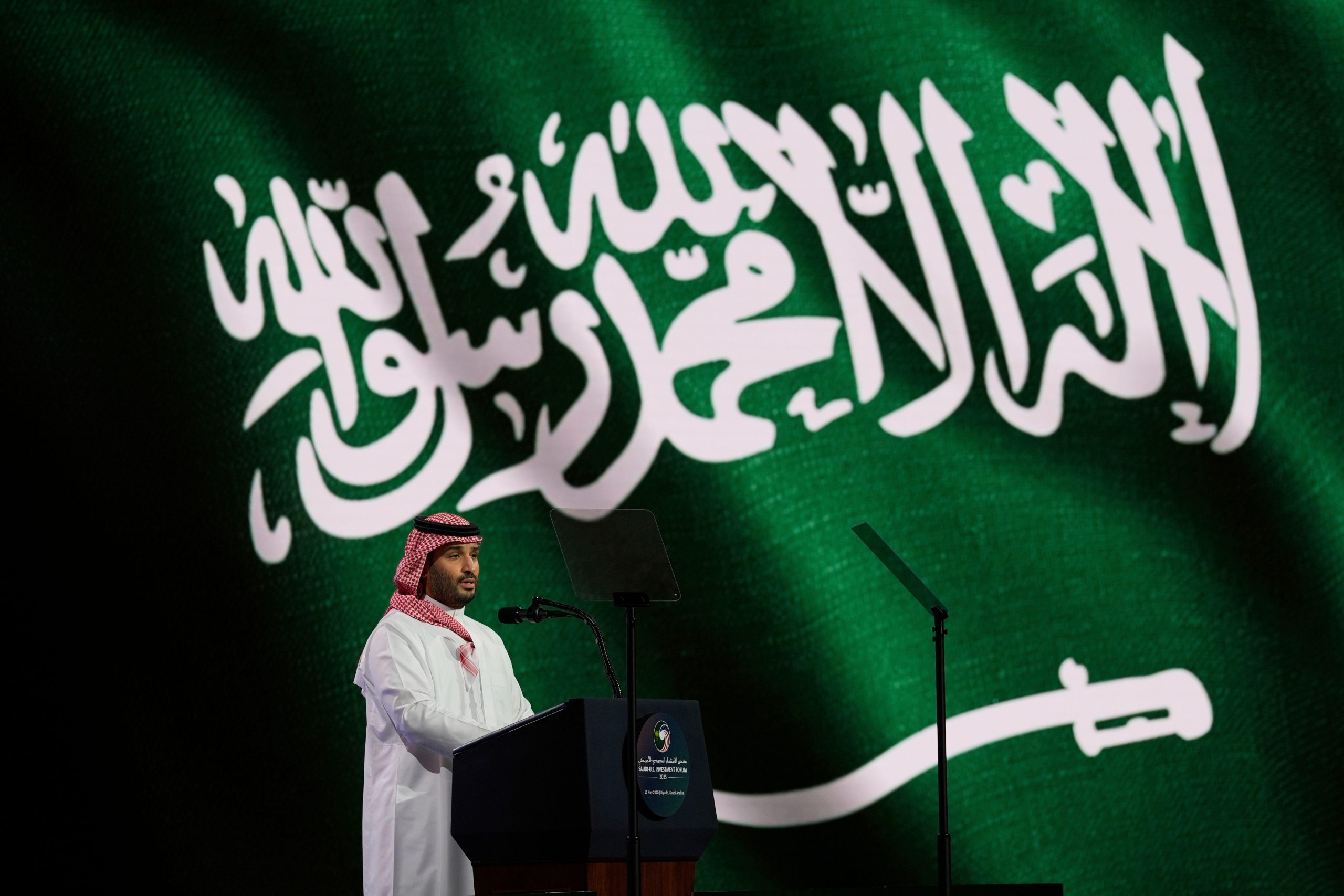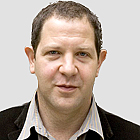 Meeting Garry Kasparov and President Medvedev on a recent trip, John Kampfner found little cause for optimism
Meeting Garry Kasparov and President Medvedev on a recent trip, John Kampfner found little cause for optimism
The setting said it all. We were sitting in the first floor breakfast room of a hotel beyond Moscow’s outer ringroad waiting for Garry Kasparov, the closest Russia gets nowadays to an opposition leader. The day before we had been in a banqueting hall of Gum, the famous department store overlooking Red Square, for a lavish three-hour lunch with President Dmitry Medvedev.
Kasparov told our group of about 40 mainly western academics and journalists that in recent months he had found it increasingly difficult to hold meetings in international hotels in the centre of the city. He had been allowed to meet us only after a public altercation at the World Editors’ Forum a few months earlier.
Whereas our every meeting — with Medvedev, with Prime Minister Vladimir Putin in Sochi (where the 2014 Winter Olympics will he held), and with other ministers and defence officials –– had been featured on prime time evening news, surprise, surprise, there was not a camera in sight for our discussion with Kasparov.
He spent much of his time analysing why other opposition figures and organisations had been outwitted by the Kremlin. Most of them had mistakenly believed they could influence attitudes towards freedom of expression, and human rights and democracy more generally, from within. ‘All the forces of liberalisation and democratisation from the top are exhausted,’ Kasparov told us. ‘It’s over.’ He said it was time to work ‘in parallel’ with mainstream politics.
The latest alarming sign of state-inspired violence against journalists and opposition figures in Russia was the death on 31 August of Magomed Yevloyev, an Ingushetian businessman and lawyer. Yevloyev was also owner of popular website Ingushetiya.ru, known for its uncompromising criticism of the region’s administration. His last moments are still shrouded in mystery. He had been sitting with the Ingush president on a flight from Moscow. On their arrival, the president left in his own cortege. Yevloyev was met by another car. During that journey he was shot. Kasparov said that ‘no-one is physically safe’ in Russia’s regions, but at the same time could not add any details surrounding Yevloyev’s death, and said it couldn’t be ruled out that it might have been an accident after all. Among our group, there were scratched heads all around.
Kasparov was adamant that the Putin era was drawing to a close, that the clamour for change was growing. He claimed that recent protests in Nizhny Novgorod and Murmansk over the specific issue of high fuel prices had a political dimension. The steady improvements in living standards, which had acted as a brake on public demands for greater freedoms, were now in reverse. ‘This regime is in a state of agony,’ he argued.
Having visited the country regularly for the past 30 years, I see little evidence to support his claims. The global economic crisis has affected Russia particularly strongly in recent days, but so far this has not translated into a broader popular discontent. If anything, the war in Georgia in August has helped to consolidate public opinion behind the Putin-Medvedev double act, stressing wealth and stability over freedom of expression and democracy. Even the one radio station that is permitted to have remotely liberal views, Ekho Moskvy, has been generally supportive of Russian military incursions into Georgia.
In his characteristerically forthright meeting with us, Putin described Medvedev as ‘modern, liberal and democratic’; the new president had had no choice but to crack down where Russia’s territorial integrity or ‘dignity’ were imperilled. The West, he suggested, had lost its opportunity to usher in a gentler Russia.

